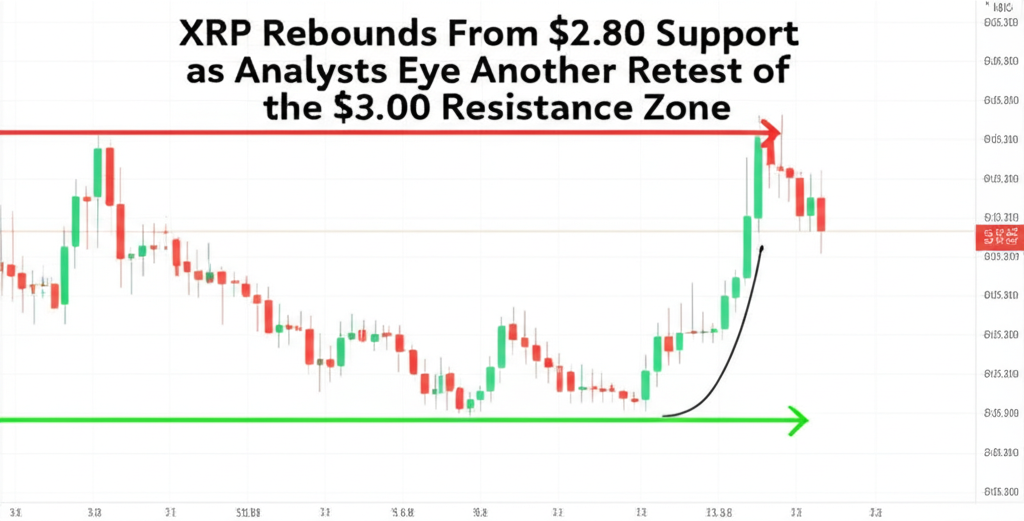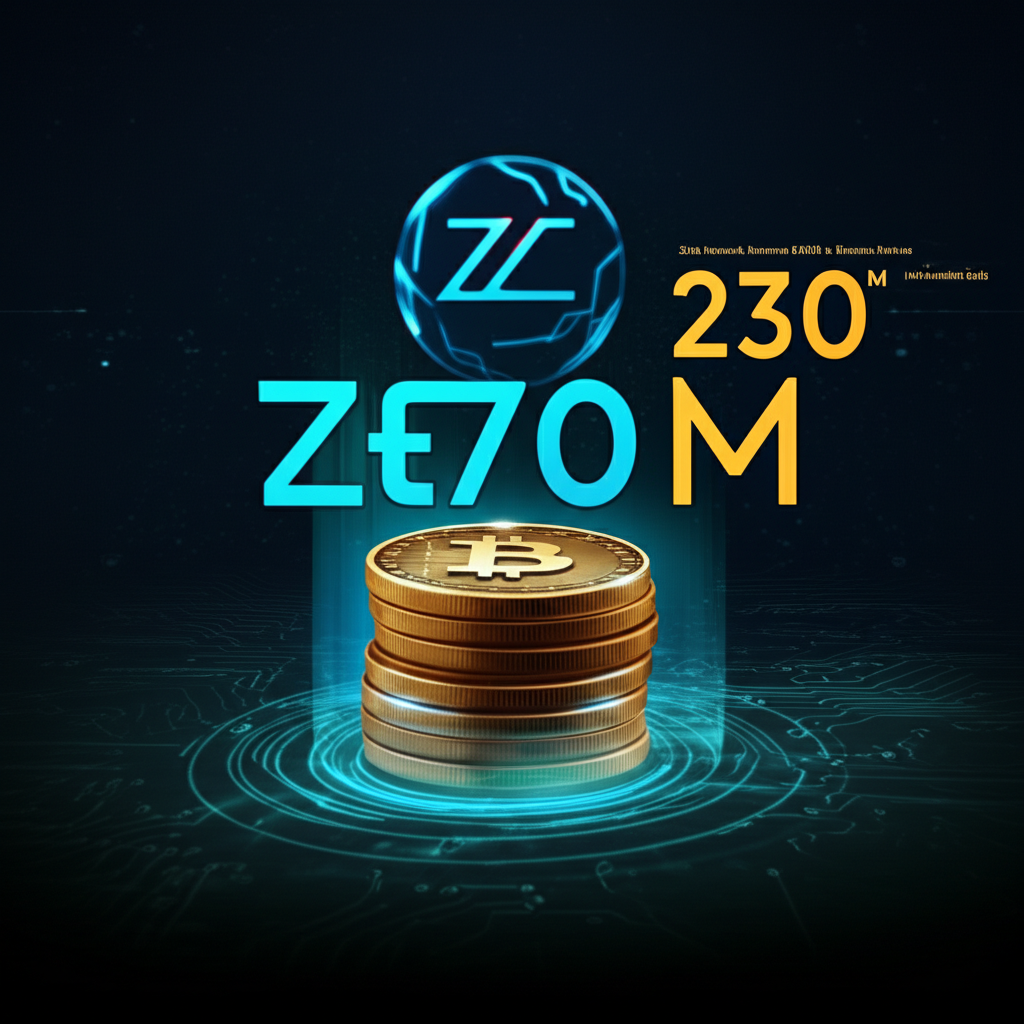Robinhood CEO Vlad Tenev has publicly defended the company’s recent OpenAI token offering despite receiving a warning from financial regulatory authorities and increased scrutiny from EU officials. The token, launched last month, has sparked debate over the regulatory compliance and the future of tokenized assets in mainstream finance.
Robinhood’s OpenAI token offering was officially rolled out last month, marking a significant foray into the evolving spearhead of tokenized financial products. This innovative token allows users to invest in a digital asset that purportedly represents a stake in OpenAI’s groundbreaking artificial intelligence technology and ongoing development. The offering taps into growing investor interest in AI and blockchain convergence, aiming to democratize access to high-tech investment opportunities traditionally limited to institutional players.
However, the novel nature of this token has not come without regulatory pushback. In a recent development, the U.S. Securities and Exchange Commission (SEC) issued a formal warning to Robinhood, highlighting concerns regarding investor protection and the transparency of the token’s structural design and sale process. The SEC’s notice pointed to ambiguities about how the token complies with established securities laws and underscored the necessity for clearer disclosures to safeguard retail investors. This regulatory scrutiny reflects increased vigilance toward crypto-linked financial products that operate in a murky intersection between securities and commodities.
The scrutiny is not confined to the U.S. Across the Atlantic, European Union regulators have launched an inquiry into Robinhood’s OpenAI token offering. Their focus centers on its consistency with the EU’s regulatory framework for digital assets, notably the Markets in Crypto-Assets (MiCA) regulation, which aims to create a harmonized system for crypto-assets across member states. The European inquiry examines whether Robinhood’s token meets the necessary regulatory benchmarks, including investor safeguards, transparency obligations, and anti-money laundering measures. This investigation adds another layer of complexity for Robinhood’s ambitions to operate seamlessly across global markets.
Throughout these challenges, Vlad Tenev has remained steadfast in advocating for the potential benefits of tokenized assets to revolutionize investment accessibility. He emphasized Robinhood’s commitment to innovation and transparency, stating that the company is dedicated to adhering to regulatory standards while forging new pathways for investors. Tenev highlighted how tokenization could lower barriers to entry, enabling retail investors to participate in wealth-building opportunities once exclusive to large-scale institutional investors. This perspective frames Robinhood’s offering as part of a broader mission to democratize financial technology and empower everyday investors.
The market response to the OpenAI token has been notably enthusiastic. Retail investors rushed to trade the token, generating over $500 million in trading volume within the first three weeks after launch. This high level of engagement underscores both the appetite for novel AI-focused investment products and the increasing mainstream acceptance of tokenized assets on established trading platforms. The token’s popularity further complicates regulatory debates, as any restrictive action could impact sizable segments of the retail investing public now exposed to this asset.
“Innovation in financial products is essential for progress. We believe our OpenAI token offering adheres strictly to all regulatory standards while providing a new avenue for investors,” Tenev said in a recent statement. His comments signify a balancing act between pushing technological frontiers in fintech and responding effectively to regulatory concerns.
Representing the European perspective, an EU regulator remarked, “Our priority is to ensure investor safety and market integrity as novel financial products enter the marketplace.” This statement illustrates the regulatory imperative to protect consumers while navigating the rapid evolution of digital assets and their integration into traditional financial ecosystems.
Robinhood’s OpenAI token launch takes place amid a wider industry movement where traditional financial firms are increasingly experimenting with tokenization as a method to broaden investment inclusivity. Tokenized assets promise benefits such as enhanced liquidity, fractional ownership, and streamlined transactions, but also raise intricate regulatory questions around classification, oversight, and consumer safeguards.
This pioneering initiative faces inherent challenges in harmonizing innovation with compliance. Jurisdictions worldwide are grappling with how best to regulate tokenized assets, balancing the desire to foster fintech innovation against the risks of fraud, improper disclosures, and systemic instability. For Robinhood, navigating these complex regulatory landscapes in both the U.S. and Europe will be critical as it seeks to maintain momentum.
Looking ahead, the outcomes of regulatory reviews concerning Robinhood’s OpenAI token could establish important precedents for the broader adoption of tokenized assets in global financial markets. Successful resolution and regulatory approval could open pathways for more extensive use of such digital investment products, potentially influencing upcoming legislative frameworks and market infrastructure modernization. Conversely, stringent rulings may curb some of the sector’s growth or prompt adaptations in product design.
The evolving regulatory environment will undoubtedly shape not only Robinhood’s strategic direction but also the broader trajectory of digital asset integration, highlighting a pivotal moment in the ongoing evolution of finance in the digital era.




